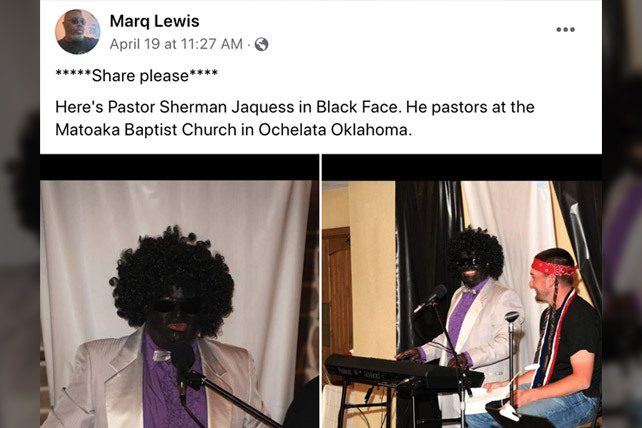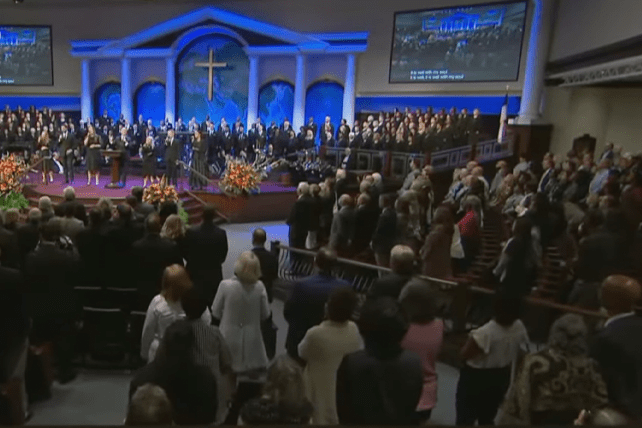 Jesus said, “The spirit is willing, but the flesh is weak,” implying that our physical bodies and energy levels do have an impact—for better or worse—on our spiritual lives and ability to be there for others.
Jesus said, “The spirit is willing, but the flesh is weak,” implying that our physical bodies and energy levels do have an impact—for better or worse—on our spiritual lives and ability to be there for others.
If we do not maintain good physical health practices, we compromise the quality of our ministry spiritually, emotionally, and intellectually. Sound physical care is concerned with stewardship of the body, including consistent cycles of work, sleep, and recreation, as well as attention to healthy nutrition and stimulating exercise.
Here are five things you can do, beginning today, to take care of your body.
- Know that your body matters. Many Christians believe the body is inferior to the spirit and can be ignored. We often privilege the “spiritual” over the physical. But that attitude is closer to the ancient heresy of Gnosticism than to Christianity. God created your body, and it is therefore sacred. It will one day be raised again to a glorified form. To be human is to have a body. Your body matters. What has been your attitude toward your body? How do you treat your body? Do you act as if your body is not important compared to your spirit? Have you been neglecting your body?
- Get a good night’s rest. Being a pastor sometimes makes it challenging to get to bed at a decent hour. However, consistently burning the candle at both ends will have negative effects on all aspects of your well-being. Your body, mind, and spirit will work together much better with a good night’s rest. Your emotions might be more stable too. Be consistent. Don’t hesitate to see a sleep specialist if necessary – it is that important! Do you go to bed consistently at the same time? What prevents you from sleeping well?
- Exercise consistently. Because God created us as integrated beings (body, mind, spirit), exercising your body will have a positive impact on the other aspects of your being. It is a mistaken notion to think physical exercise is not important compared to spiritual exercises. You will be better available to others in ministry if you take care of your body. First, check with your doctor to make sure you are okay to begin an exercise program. Then, find an activity you enjoy – that is key to making it a long-term habit! Cycling, walking, jogging, and swimming are some popular forms of exercise. A minimum of 3x a week is often thought to be the minimum for cardiovascular exercise. How much physical exercise are you engaged in weekly? What kind of exercise would you actually enjoy? What could you begin doing this week? Is there someone you could exercise with to make it more sociable?
- Eat right. Eating right is often a challenge for pastors. Coffee shop chats, home visits, and lunch meetings often add up to way too many calories of the wrong kind. Be mindful of what you put into your body. Drink lots of water. Eat balanced meals with a proper ratio of proteins, complex carbs, and fat. Avoid pre-packaged foods. Eat a healthy breakfast and healthy snacks between meals. Take time to examine your eating habits. Are you eating healthy foods? Is there something healthy you need to add to your diet? Something to start eliminating? What one adjustment can you make to your diet today that can begin to put you on a path to a more healthy body?
- Get a health check-up. Some warning signs of a health issue are obvious such as obesity and shortness of breath. However, it is easy to ignore these warning signs (and we often do ignore them). But you might not know there is a problem unless you have a thorough physical exam that includes blood work. What you do not know can possibly hurt you. Our families and parishioners are also affected by illnesses that might strike us down. When was the last time you had a physical check-up? What is your attitude toward taking time to invest in a physical check-up? Do you tend to think it is not important compared to the time you take for ministry to others? Why not make an appointment today?
This article originally appeared here.




























